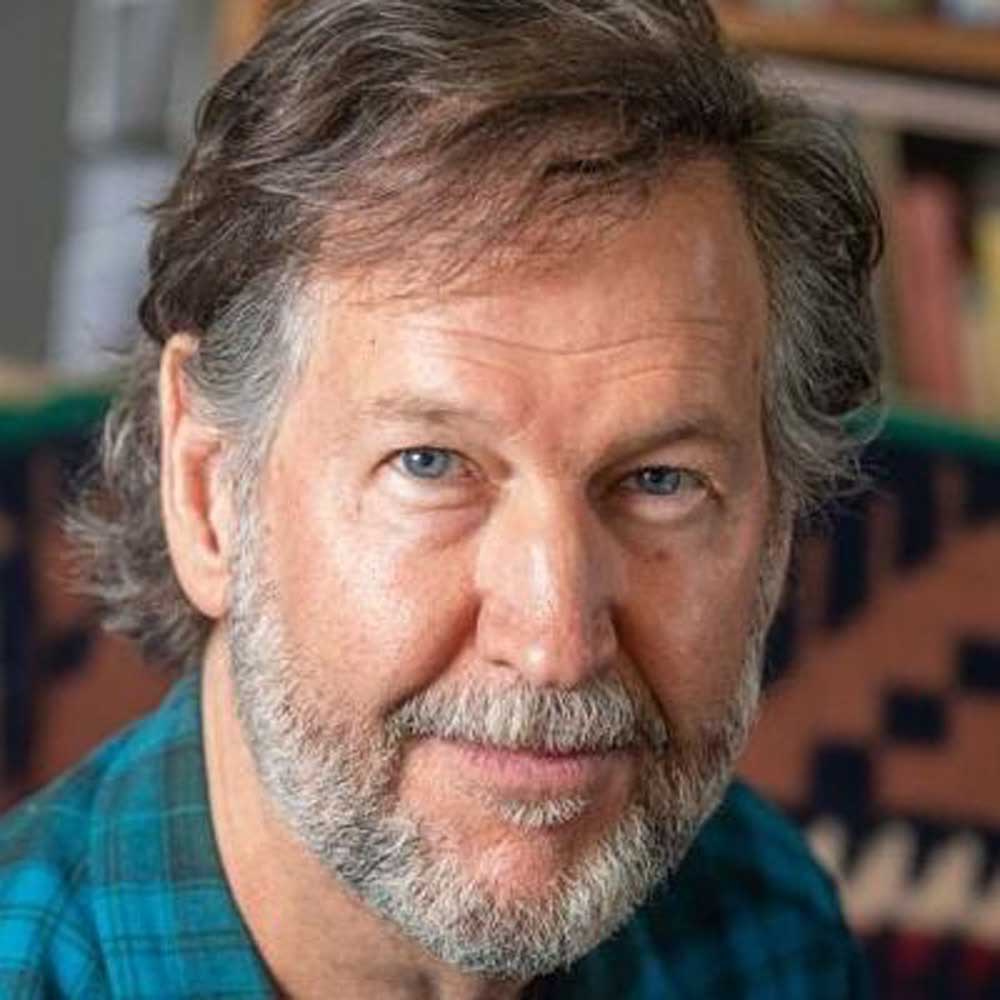Guest Column: The little village that could?
Published 12:30 am Thursday, July 11, 2024

- Watt Childress
Cannon Beach plays a beloved role in Oregon’s story. On good days, when locals and visitors are grateful, her beauty inspires us to become better partners in caring for creation.
Trending
In 1913, she inspired Gov. Oswald West to secure public access to our beaches. Decades later, Cannon Beach provided a perfect place for Gov. Tom McCall to broadcast his message to keep that door open for future generations.
Today, the little village beside Haystack Rock struggles with another kind of access, one that’s equally important to life quality and stewardship of resources. A diverse group of villagers is trying to defend the civic right to vote on decisions about government debt and urban growth.
Ballot access is important for every small town and rural community. It’s the clearest way to ensure that major debt commitments are in line with civic priorities, plus it works as a deterrent to waste. Politics tilts toward excess spending without checks and balances. Compelling ideas can turn into costly burdens in the hands of private interests and government insiders.
Trending
To avoid this pitfall, Oregon affirms the right for citizens to vote before local governments incur large debt for capital projects. In Cannon Beach, officials are seeking to skirt this civic principle with the largest debt-spending package in the town’s history.
Local folks are divided over plans to revamp a cherished grade school that was closed by authorities because it sits in a tsunami target zone. Public support exists for a modest renovation of the school as a community center that benefits both residents and visitors. Yet objections arose when that idea morphed into an expensive high-end tourist facility.
Today, the school proposal has more than doubled in price and now orients toward luxury uses like wine events and grand-scale weddings. That’s not what many locals consider a responsible use of public revenues.
Rather than build consensus around a community-centered plan, officials have folded their upscale tourist facility into a $33.6 million debt-spending package that includes two other projects. Officials could have placed this debt-spending package in front of voters, in accordance with the spirit — and some believe the letter — of state law.
Instead, government leaders chose to depart from local tradition and have moved ahead. In response, a diverse group of local folks passed the hat and hired an attorney to try to put this debt-spending decision on the local ballot.
For me, the case shines new light on a famous quote by McCall, one that supports the conservation of both limited natural resources and hard-earned taxpayer dollars: “The interests of Oregon for today and in the future must be protected from the grasping wastrels of the land. We must respect another truism — that unlimited and unregulated growth leads inexorably to a lowered quality of life.”
Many towns struggle with the graspings of excess growth. To date, civic engagement with this challenge has focused mostly on land use laws and urban boundaries. The costs of growth are seldom discussed in the context of voter empowerment. It should be. The bar for good governance would be raised if officials understood up front that citizens have the right to vote on large debt-spending decisions.
A Clatsop County judge ruled that Oregonians do not have this right, and so citizens filed an appeal. Yet court rulings are just one part of a story that will be told for many years, part of the Oregon story that defines who we are.
Cannon Beach reminds us that small is beautiful, and that citizens should be able to safeguard that gift. Can Oregonians show how conservation and fiscal accountability work together with self-governance? One little village thinks she can.





